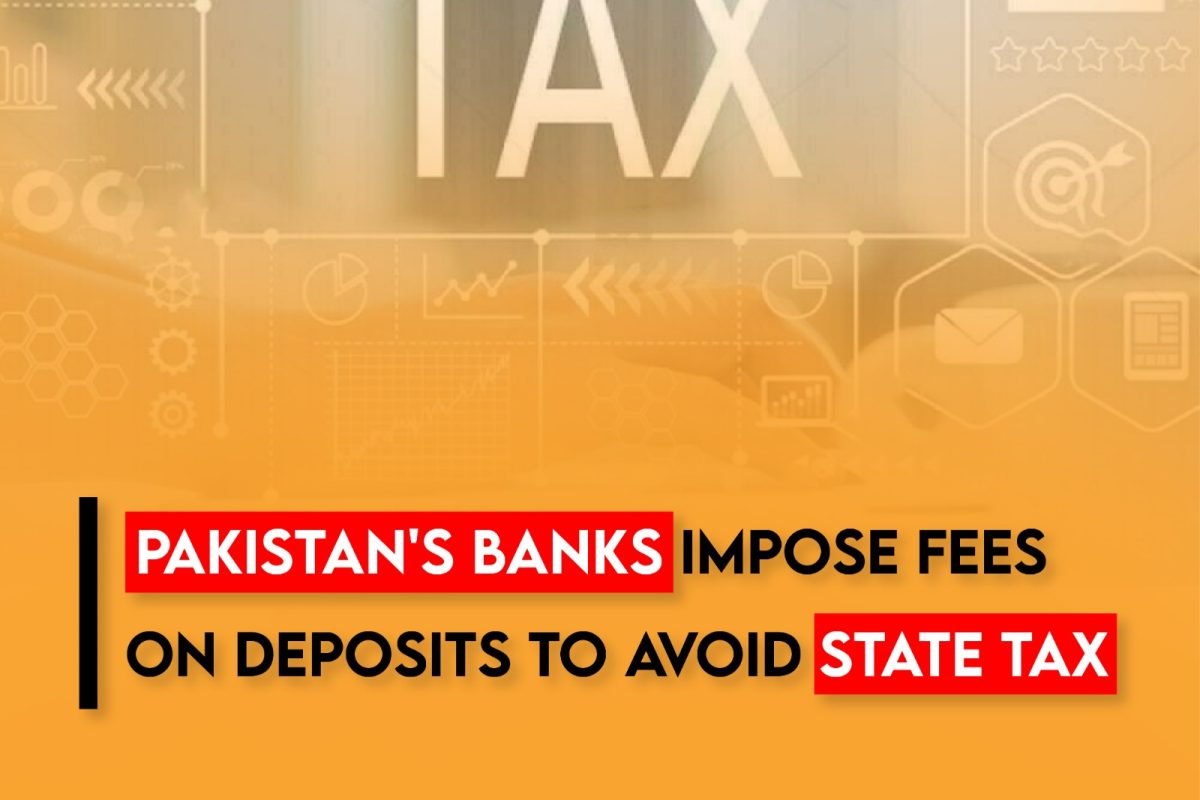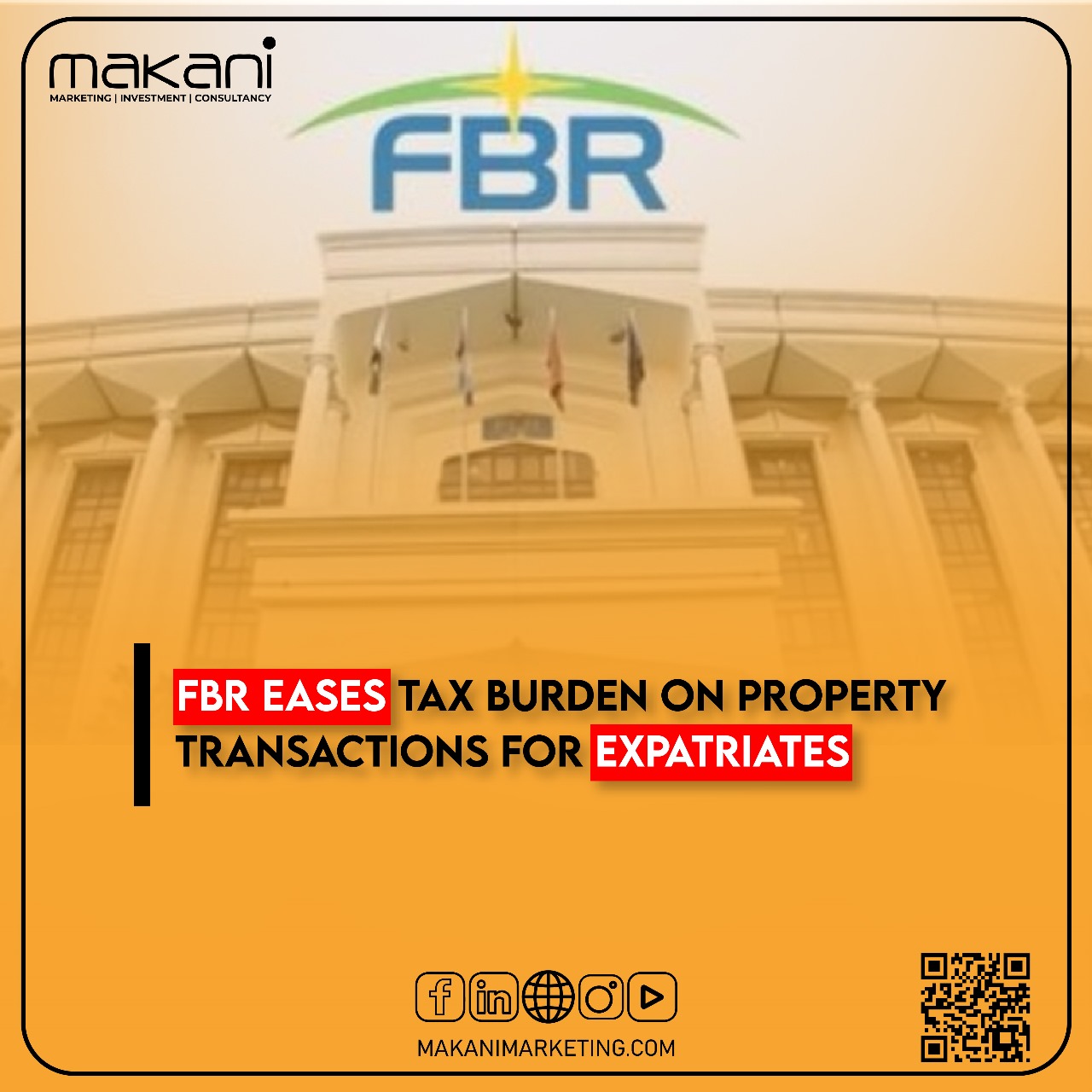In a significant development, leading Pakistani banks, including Bank Alfalah, Meezan, MCB, HBL, and Standard Chartered, have implemented fees on large deposits to manage their cash flow and evade hefty government taxes. Starting November 21, these banks now levy a monthly 5% fee on deposit balances exceeding their designated thresholds, which range between Rs1 billion and Rs5 billion. The move is part of a broader strategy to align with the government-mandated advance-to-deposit ratio (ADR) target of 50% by the end of the year.
Why Are Banks Charging Fees on Large Deposits?
The introduction of these fees follows the government’s decision to impose an incremental tax of up to 15% on banks failing to maintain the ADR threshold by December 31, 2024. This tax applies to banks with ADRs below 50%, a challenge for many institutions given their high cash reserves. By charging fees on large deposits, banks aim to reduce their cash reserves, boost lending activity, and avoid substantial tax penalties.
Details of the New Fee Structure
Under the revised schedule of charges:
- Fee Application: A 5% monthly fee applies to account holders whose end-of-month balances exceed the bank’s defined upper limit, which varies from Rs1 billion to Rs5 billion depending on the bank.
- Account Types: This policy covers both rupee-denominated and foreign currency accounts.
- Daily Limits: Some banks, such as Meezan Bank, have implemented additional restrictions, including maximum daily credit balance limits for checking accounts. Amounts exceeding these limits may be refused or returned.
These measures aim to discourage excessive deposits while encouraging borrowers to take advantage of lending opportunities.
Also Read: Pakistanis Invest Over $11 Billion in Dubai Real Estate
Impact on Deposit Holders
The imposition of fees has raised concerns among depositors, particularly those with large balances. While smaller account holders are not directly affected, the knock-on effects could include:
- Reduced Returns: Interest rates on savings accounts may decrease, especially as policy rates fall.
- Increased Borrowing by the Government: If banks successfully optimize their ADRs, the government might resort to borrowing from banks, offering risk-free profits through government debt.
Banks’ Confidence in Achieving ADR Goals
Despite challenges, banks remain optimistic about achieving the 50% ADR target by year-end. The current ADR stands at approximately 44%, up from 38% earlier this year. Over the past 25 days alone, bank lending has surged by Rs1.1 trillion, reflecting significant progress toward the goal.
According to industry insiders, banks have adopted various strategies to achieve compliance, including imposing deposit fees ranging from 4% to 6% and actively promoting lending. These efforts are designed to ensure that profits remain unaffected while meeting regulatory requirements.
Government’s Role and Future Outlook
The government’s FY25 budget introduced the incremental tax as a tool to encourage banks to increase lending, thereby stimulating economic activity. However, if the expected tax revenue fails to materialize, the government may increase its borrowing from banks to bridge fiscal gaps. This year, the Federal Board of Revenue (FBR) is already facing a revenue shortfall of Rs180 billion, with independent estimates suggesting the gap could exceed Rs400 billion.
Also Read: Canada IRCC issued 3,000 ITAs in a healthcare category-based selection draw with a minimum CRS score of 463
Conclusion: Strategic Win for Bankshttps://mansoryconsultants.com/2024/11/23/canada-ircc-issued-3000-itas-in-a-healthcare-category-based-selection-draw-with-a-minimum-crs-score-of-463/
While these changes primarily target large depositors, they highlight the banking sector’s ability to adapt to regulatory challenges. By implementing deposit fees and optimizing their ADRs, banks not only avoid the incremental tax but also maintain their profitability. For consumers and businesses, understanding these shifts is essential to navigating the evolving financial landscape.
Stay informed with Makani Marketing for the latest updates on banking strategies and financial trends in Pakistan.



















